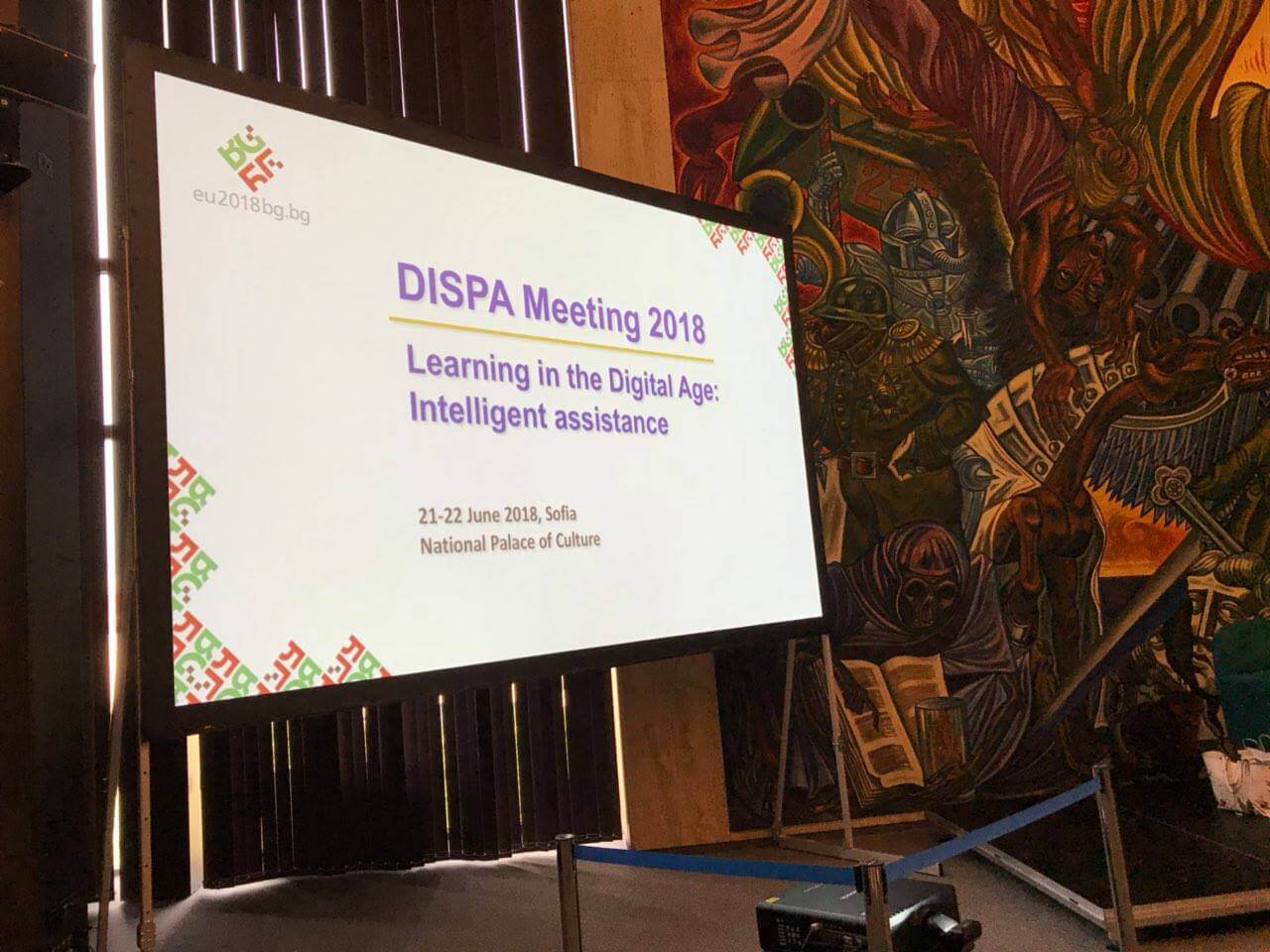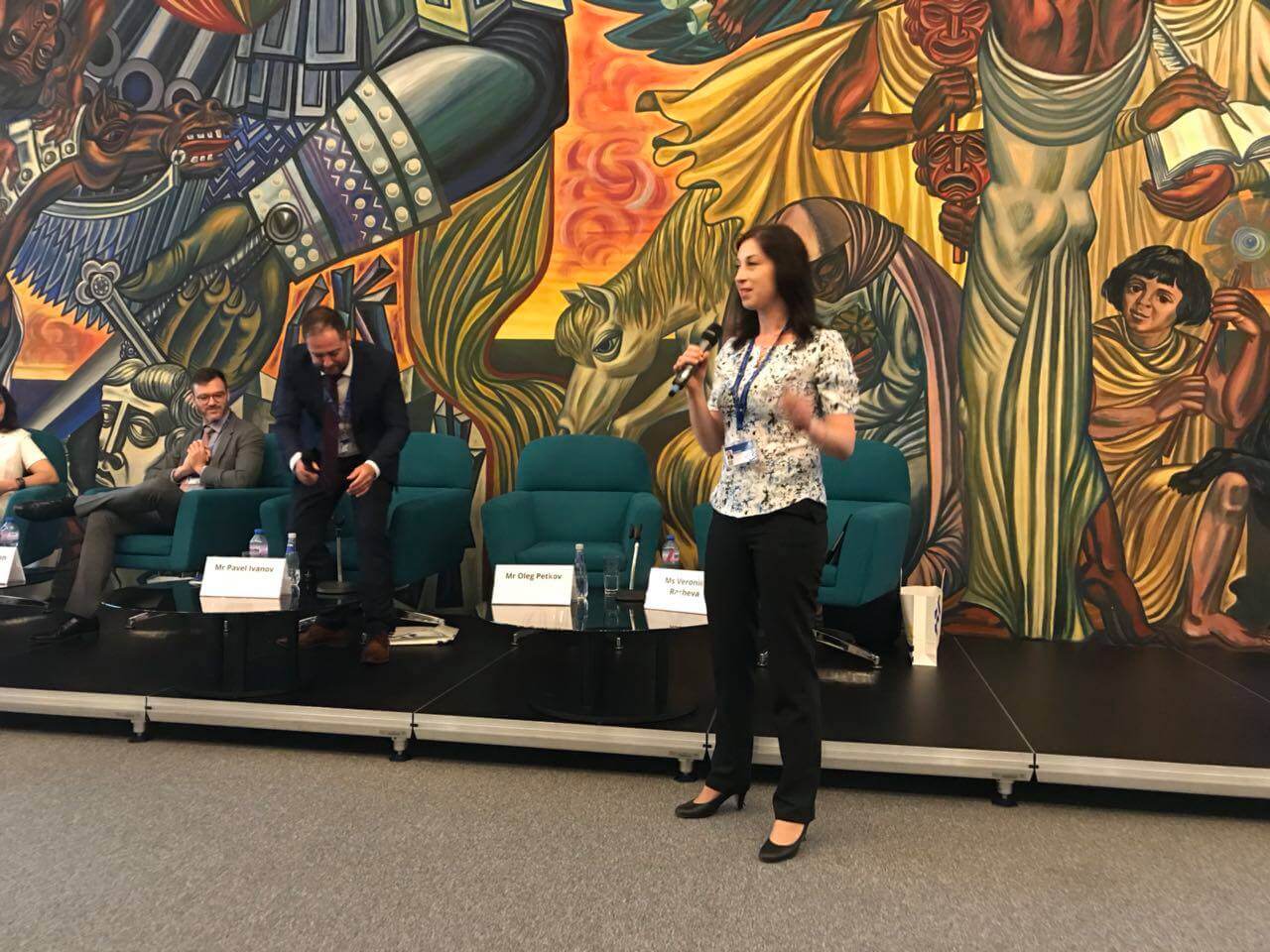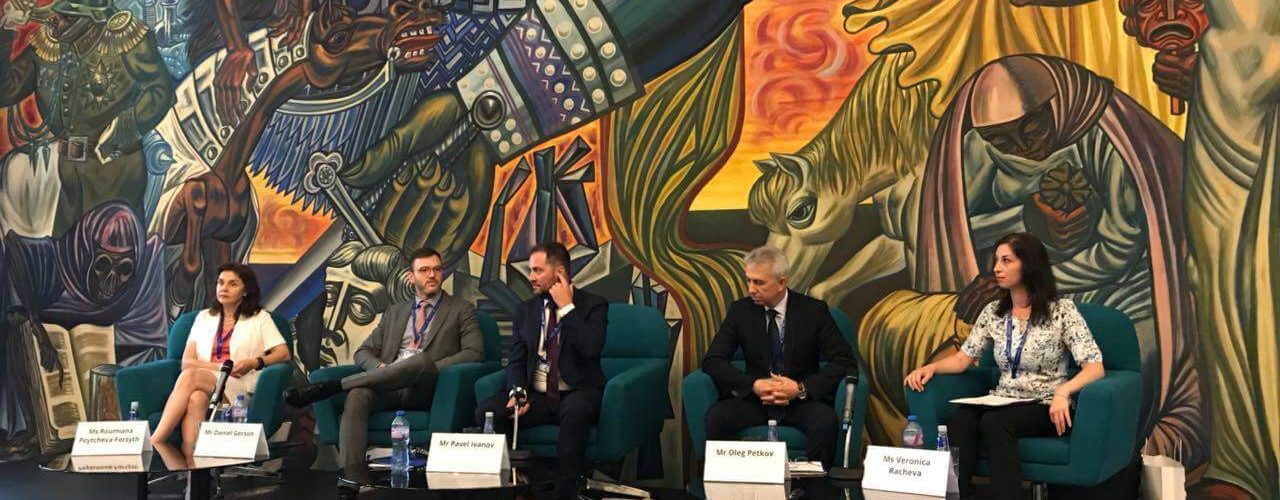#Vedamoelearning presented the potential of virtual classrooms in the adult training during the #DISPA meeting.

THE POTENTIAL OF THE VIRTUAL CLASSROOM IN THE ADULT TRAINING
Mrs. Racheva presented the types of online learning:
- Synchronous online learning – happens in real time with an instructor
- Asynchronous online learning – self-paced
- Blended learning – combines traditional classroom methods with online learning activities
- Mrs. Racheva clarified what a virtual classroom is and pointed out its key features, application and key benefits
The potential in the adult training from the point of view of the adult learners consists in the fact that they apply their knowledge in real time and contribute with their experience, save time and money for travelling, receive immediate feedback clarifications, have and opportunities for active participation,can combine self-directed with collaborative learning, watch recordings of the sessions. From the point of view of the organization delivering adult training, the potential is that they can set flexible schedules, can bring together learners from different location, can easily invite guest presenters, have full control over the teaching and learning processes, reduce many costs, have all content and data organized and stored.
It was useful for the participants to distinguish the use cases for the different types of online learning. The fully online synchronous training is suitable for webinars, workshops, interactive trainings, discussions, consultations, etc. It can bring together learners from different location, saves time and costs, allows for flexible schedules. The blending synchronous and asynchronous online learning is the most efficient approach for online learning, provides both academic and financial benefits. The overall average completion rate for such training is 91%, compared to 44% for asynchronous – only courses. The blending synchronous and asynchronous online learning –
brings to teaching organizations all key components of digital competence in the 5
areas: information and data literacy, communication and collaboration, digital content creation, safety, problem solving. Using the virtual classroom in a traditional training – allows for: connecting remote participants to join the training in a physical classroom, inviting remote guest – lecturers/presenters from different locations, connecting two or more traditional classrooms in a joint session.

